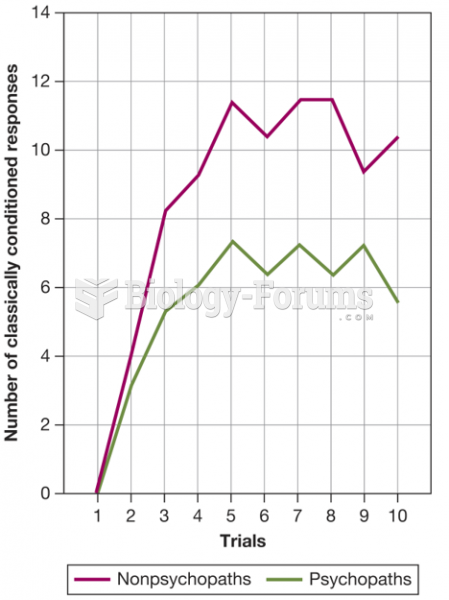Answer to Question 1
In his book, The Mask of Sanity, Hervey Cleckley described psychopaths as impulsive, self-centered, pleasure-seeking individuals who seemed to lack emotions such as anxiety, shame, and guilt. These individuals were also seen as intelligent and superficially charming, but also chronically deceitful, unreliable, and incapable of learning from experience. Psychopathy, as a diagnostic approach, places primary emphasis on emotional deficits and personality traits. The characteristics in Cleckley's definition were difficult to diagnose reliably. Consequently, DSM-III placed special emphasis on observable behaviors and repeated conflicts with authorities, including a failure to conform to social norms. Psychopathy and antisocial personality disorder are two different attempts to define the same disorder. However, they are sufficiently different in that they do not identify the same people. According to critics, DSM-III blurred the distinction between antisocial personality and criminality. However, Cleckley was clear on this point: all criminals are not psychopaths, and all psychopaths are not convicted criminals. DSM-5 criteria require the presence of the symptoms of conduct disorder prior to age 15. In addition, the individual must exhibit at least three of seven signs of irresponsible and antisocial behavior after age 15.
Answer to Question 2
Genetic factors are clearly involved in the etiology of borderline personality disorder when it is viewed in terms of the syndrome that is defined in DSM-5. Furthermore, the fundamental personality traits that serve to define the disorder, such as neuroticism and impulsivity, are also influenced by genetic factors. Some investigators have argued that borderline patients suffer from the negative consequences of parental loss, neglect, and mistreatment during childhood. Adolescent girls with borderline personality disorder report a pervasive lack of supervision, frequent witnessing of domestic violence, and being subject to inappropriate behavior by parents and other adults, including verbal, physical, and sexual abuse.







